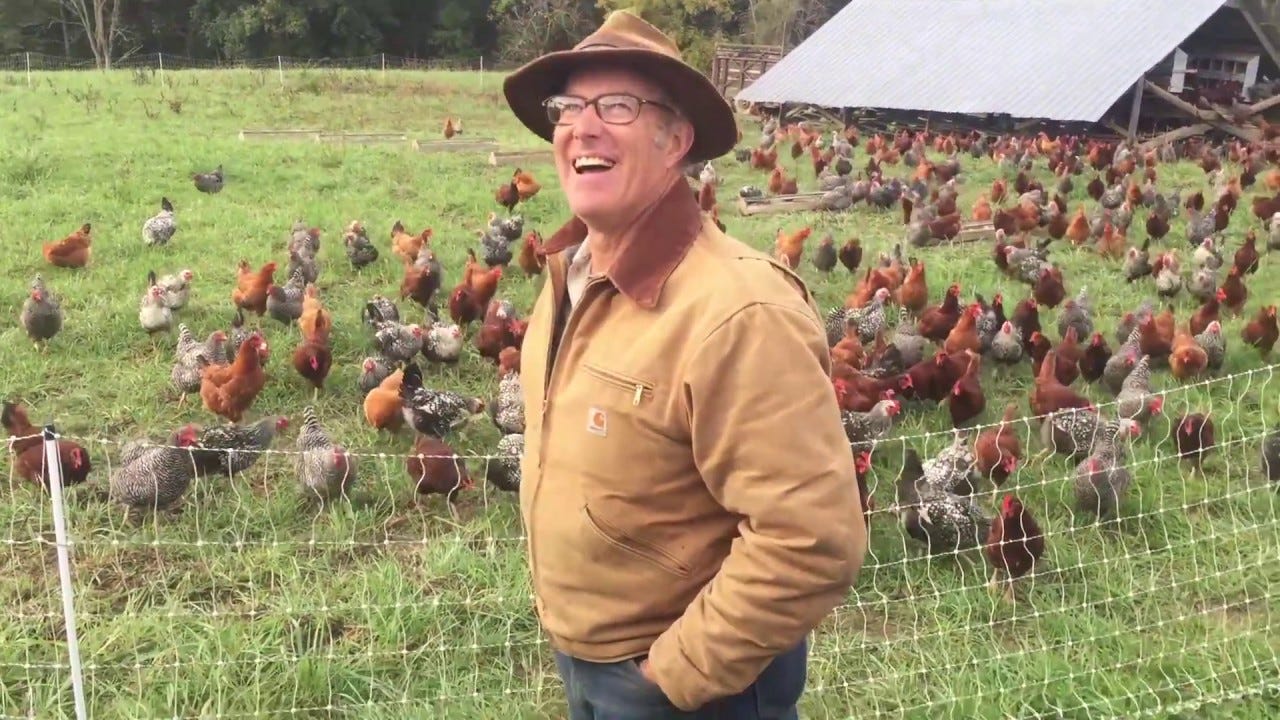While redoing one of my social media profiles, I included two short sentences at the end. “Enjoyment is a skill. Joy is a strategy.” They flew off my fingers, I liked them. Here’s what they mean, and why these ideas might be useful for you.
Enjoyment is a Skill.
This is growth mindset applied at the largest scale. And I wrote an essay about it here
The point is, if you can get better at enjoying things you have instantly become richer. And if you can find a way to take something you hate — a job, a boss, a routine task — and find something to enjoy about it, then you have truly hacked the Matrix.
I’ll give you an example. In college I had a horrible professor. Boring, uninspired and taught a subject that I kind of had to take, but wasn’t interested in. The only way I could pay attention was to keep track of his verbal ticks. Specifically, counting the number of times he said, “Chuwade” which was how he pronounced “Trade.” (It was an Economics of International Trade course) I got a few other people in on it, and soon we had an over/under going. And it became even more entertaining when people would ask questions specifically to get him to say, “Chuwade.”
No matter how awful it is, you can play a game with it.
Joy is a Strategy
In the 2007 book “The Omnivore’s Dilemma,” Micheal Pollan interviews a farmer named Joel Salatin, who is a pioneer in organic farming. And Joel said, “Joy is a farmer’s greatest asset.” He was talking about how he set up situations where animals and plants would do what they loved to do and that would help him reach his goals.
For example, the Chicken Tractor. He would move cows through pastures, followed by chickens, who would eat the bugs that had come to live in the cowflop. The chicken’s excrement is high in exactly what the grass needed to grow. And, as it turns out, grass grows better when it is cut (nibbled) to a certain height. The result of this carefully timed ballet was an explosion of productivity on what had been fairly unproductive land.
Everything was doing what it loved to do and so things worked better.
I read that book the year it came out. And I have never forgotten that story. And I’m still realizing the power of this approach.
Give People Opportunities to Do What They Love.
People have different traits. I am not a person who loves getting minute details right. Or controlling and organizing. I can and have done this successfully. But it’s exhausting for me. And I couldn’t understand how anybody could get energy from such tasks. Then I met my wife. She’s amazing at it. So we make a good partnership.
If there aren’t great rules or guidelines, if there’s a great deal of ambiguity or uncertainty, I’m the guy to call. But if there are details and forms and rules, it goes to her. And the secret is, every project needs both.
A good deal of the unhappiness in the world is organizations trying to fit people to tasks for which they are not suited.
But when you can get that match right on a project or in a company, there is an explosion of both happiness and productivity.
Use Joy-in-the-Room as a Key Metric
I’m not saying everything should be blissful, but creative meetings should be mostly joyful play. This is not woo woo bullshit, it’s a matter of being effective. People are better at coming up with ideas when they are happy. In fact, I have even noticed a correlation between the amount of joking around in the initial meeting and the quality of the work at the end of the process.
Enable and encourage people to have fun with you and every project gets better. Do things that kill the joy in the room and clients and partners will make your life miserable.
Be Happy and Confident Because People Are Taking Their Cues From You
If you are leading a meeting or a project, everyone will take their cues from you. If you’re stressed. They’re stressed. If you’re having fun, they are having fun. Great leaders can compartmentalize their stress and fear so their people can be at their best.
Joy as a Marker of Competence
I have a rule in my life. I do not hire a professional unless they are funny. Doctor, Lawyer, Plumber… whatever. I may work with them once, but if they aren’t funny — even if they do a good job — they are out. Here’s the logic: to be funny and fun to work with, you have to be competent. You need the extra bandwidth to be able to joke around.
And if you are a pro, you’re job is not to struggle, it’s to make it all look easy and go flawlessly. Which is fun and joyful.
In the end, Joy is also how I evaluate work
Especially for paid media. If I’m paying money to get something in front of your eyeballs, if it brings you joy, you’re going to spend more time engaging with it. So in everything, no matter how humble or technical, I struggle to bring real, unexpected human moments. It’s another way to say, Nothing HAS to suck.




